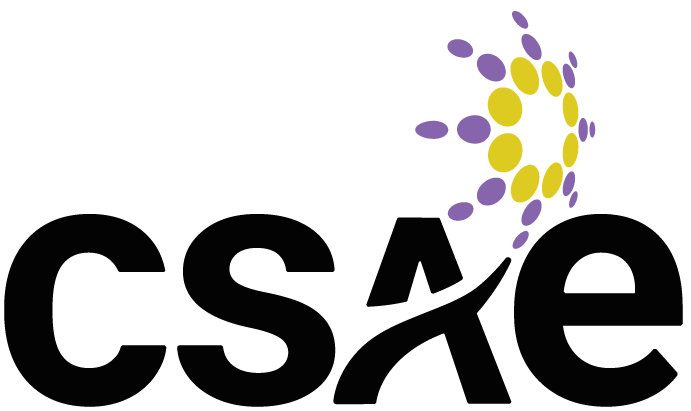Defeating Crisis Brain: Leading Change in the COVID-19 Aftermath
As the owner of a small business in the midst of a global pandemic, I am no stranger to making quick, tough decisions. As leaders of associations across the country who go above and beyond for both your members and employees, neither are you.
Crisis and resiliency expert Robert MacFarlane defines a crisis as “an event that threatens the strategic objectives, reputation or existence of an organization.” A crisis is inherently unpredictable: it’s an unexpected and volatile situation that forces responders to react quickly to rapidly changing conditions.
What is “the emotional brain?”
When you’re exposed to a variety of stressors—like in a crisis—your brain takes drastic action.
The limbic system, or, as neuroscientist Joseph LeDoux calls it, “the emotional brain,” becomes extra vigilant. Under duress, it will react to even the slightest potential danger before the prefrontal cortex — the part of your brain responsible for making executive decisions — has a chance to really weigh your options. If you let your brain get the best of you, it could result in poor, biased decisions.
Conquer your bias
Effective decision making depends on the quality of information we have access to, as well as our ability to recognize it as good information. But because of the way our brains work, we’re not as capable of doing that when we’re under significant stress.
Instead, we rush things and may not be able to identify faulty details until it’s too late, or we feel overconfident in the choices we made and try to rationalize them, even after facing negative outcomes. Rather than resolving the crisis, we may be escalating it.
Join me at the CSAE Conference 2020: Unprecedented to learn how to outthink your brain and acquire the tactics necessary to not only survive, but thrive as we move into the unknown together.





















